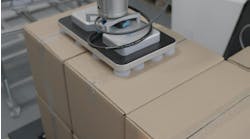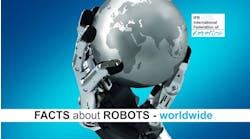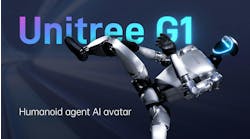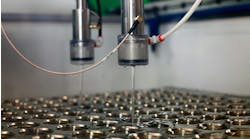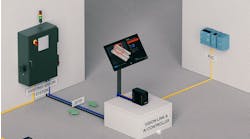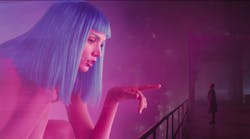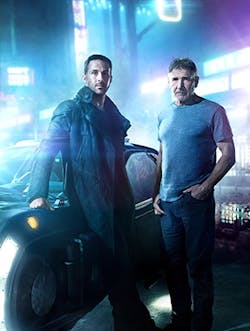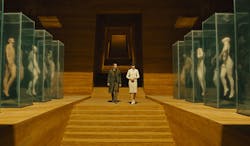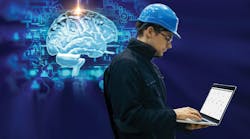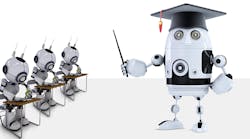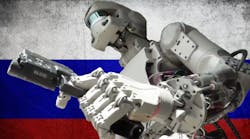Latest from Industry Trends
On Friday afternoon, the Bloomberg Technology team knocked off early to catch Blade Runner 2049, Denis Villeneuve’s mesmerizing vision of our technological future. Here’s a giant spoiler for our bosses: We expensed the tickets. I’ll try to steer clear of others.
The film, like its 1982 predecessor, is utterly desolate. This is a dystopia of bad weather, choking pollution that falls through the air like snow and climate change so bad that a massive wall lines the California shoreline, keeping out the Pacific Ocean and ruining prospects for a nice day at the beach. The Los Angeles of the future is jammed with crowds and holographic ads in some parts, and abandoned and devoid of life in others. Perhaps most dire, fashion hasn’t improved much since the 2019 setting of the original: People are still upturning their collars and wearing transparent plastic jackets.
But amid all this bleaknesss, the depiction of technology is largely an optimistic one. Larry Page’s flying car factories have seemingly paid off because the vehicles of the future zoom effortlessly over the blasted cityscape. Civilization apparently faced massive food shortages until a new kind of agriculture, perhaps like the vertical farming techniques we profiled here, turned much of the country into an expanse of synthetic farms. Drones, sending images to cochlear implants, allow the blind to see. Rockets have brought us to distant planets, the “off-world colonies.”
Then there are the Replicants, the sentient humanoids at the center of the Blade Runner universe. In the first movie, Rutger Hauer, Daryl Hannah and their band of mutinous Nexus 6s sought the most human of all things: more life. While they went to violent extremes to accomplish their goals, they showed more empathy and emotion than the people who ruthlessly hunted them down. “More human than human” wasn’t just the motto of the monolithic Tyrell Corporation but a prediction—that even as we lost our best attributes, our creations would adopt them.
In the new movie, once again the Replicants crusade for justice while the humans, like the characters played by Robin Wright and Jared Leto, scheme alone in their steel towers. Ryan Gosling’s character is dating another form of artificial intelligence—basically the Alexa in his apartment—and the romance is the most human relationship in the movie, rooted in sacrifice and, uh, some creative forms of intimacy.
Elon Musk has famously predicted that AI will overtake and enslave the human race. There are plenty of people who either agree with him or are worried enough to start examining the ethics of AI, as Google’s Deep Mind division did last week. But in Blade Runner 2049, the robots are kept at bay by searing psychological tests that ensure they are functioning properly. Humanity still has the upper hand. There’s a hint of a coming revolution—but it’s cast not as an uprising but as a civil rights campaign.
OK, there’s a killer robot or two in this slow and thoughtful movie, which I enthusiastically recommend. But there’s an underlying message that’s relevant in an age of anxiety and fear about the future. Technology hasn’t robbed humanity of its soul; we did that to ourselves.

